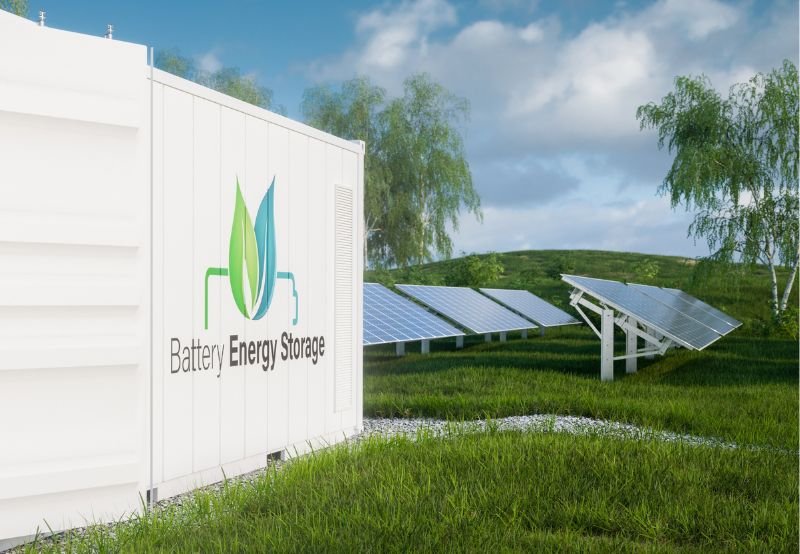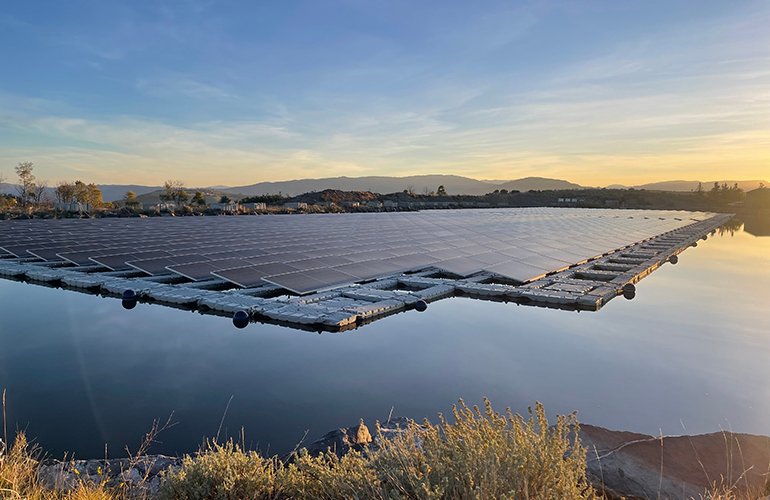Andhra Pradesh Unveils Draft Regulations for Clean Energy Integration
The Indian state of Andhra Pradesh has taken a significant step towards building a sustainable energy future by releasing draft 2025 regulations for battery energy storage systems (BESS). These rules aim to revolutionize clean energy integration while reducing the state’s carbon footprint. But what do these policies mean for India’s solar revolution?
Strategic Timing for Renewable Energy Transition
With India targeting 500 GW of non-fossil fuel capacity by 2030, BESS solutions are becoming critical. Andhra Pradesh leads this charge with ambitious 18,000 MW solar targets. The regulations provide much-needed clarity for investors in storage technology.
Key Benefits of the BESS Framework
- Smooths renewable energy variability
- Addresses grid intermittency challenges
- Creates investment opportunities in sustainable technology
Regulatory Highlights
The draft establishes comprehensive guidelines for:
Technical Standards
Clear specifications for:
- Minimum capacity requirements
- Power rating benchmarks
- Efficiency thresholds
Grid Integration Protocols
Detailed procedures for seamless BESS connection and synchronization with the state’s power infrastructure.
Private Sector Participation
The framework encourages private investment in solar projects through transparent:
- Development guidelines
- Safety protocols
- Performance certifications
Broader Impacts on Solar Industry
Andhra Pradesh’s move sets a national precedent for energy storage policy. The state has already demonstrated leadership through major solar installations and now pioneers storage solutions.
Industry Participation Opportunity
Stakeholders are invited to provide feedback before final implementation, marking a collaborative approach to policy development.
The Road Ahead
As India accelerates its low-carbon transition, these regulations could:
- Shape national storage standards
- Boost renewable project viability
- Create thousands of green jobs
The solar industry stands at a pivotal moment, with Andhra Pradesh leading the charge toward a sustainable energy future powered by innovative storage solutions.






